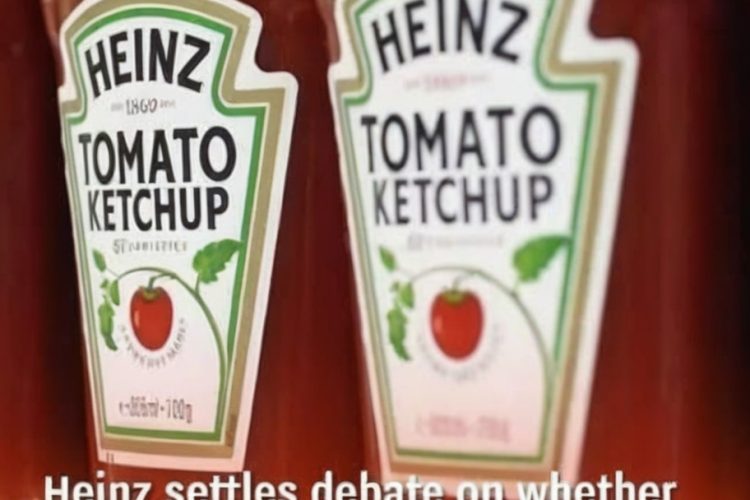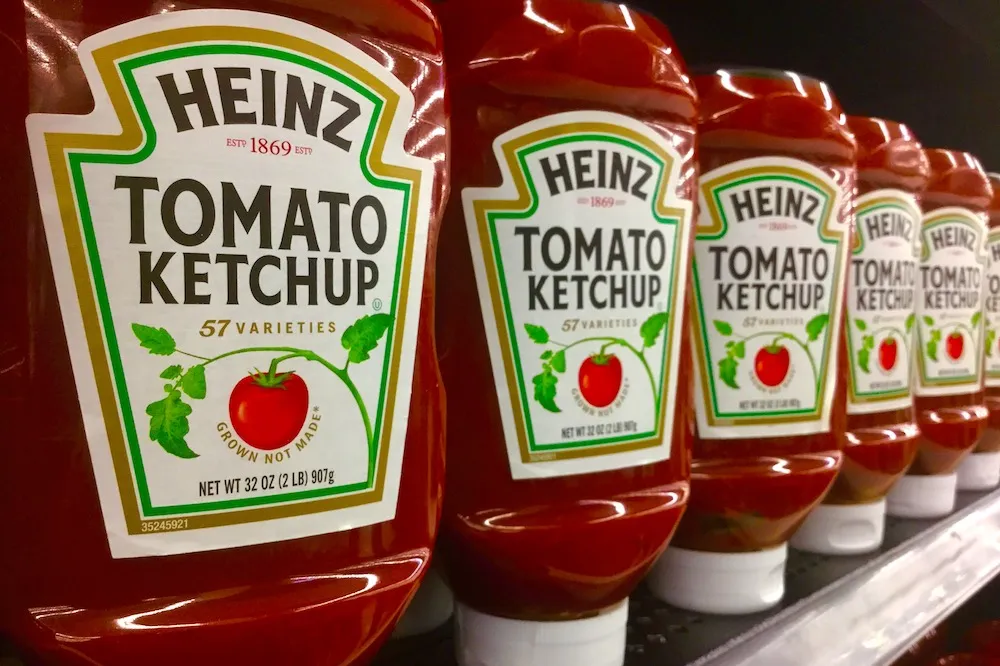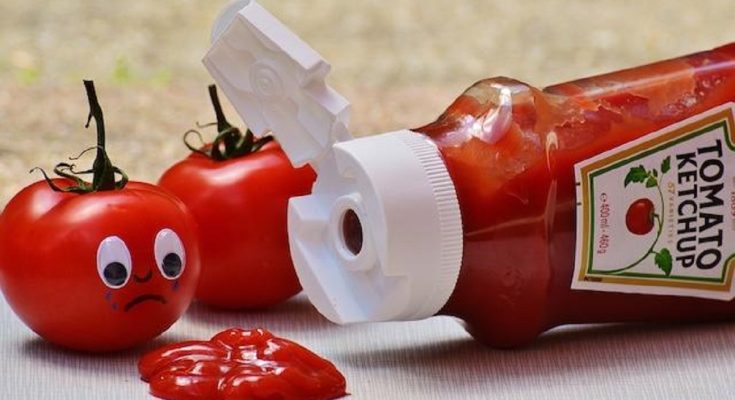Ketchup is a staple in most American households. It’s that go-to condiment for burgers, fries, and hot dogs, and brands like Heinz are practically iconic. But while it might be tasty and nostalgic, doctors are urging people to take a closer look at what’s actually inside that bottle—especially if you’re using it regularly.
 What’s Really in Ketchup?
What’s Really in Ketchup?
You might assume ketchup is made from fresh tomatoes—but that’s not usually the case. Many big brands, including Heinz, use tomato concentrate, which is essentially tomatoes that have been cooked down, dried out, and then rehydrated later. Not exactly “fresh.”
And the rest of the ingredient list might surprise you:
- Distilled vinegar
- High-fructose corn syrup
- Corn syrup
- Salt
- Spices and natural flavorings
- Onion powder
Let’s break that down.

 The Sugar Surprise
The Sugar Surprise
The biggest concern? The amount of sugar.
Not just one, but two types of processed sugar are added—high-fructose corn syrup and corn syrup. These sweeteners can quickly add up, especially for kids who eat ketchup regularly. In fact, one average-sized bottle of ketchup contains about 33 tablespoons of sugar—that’s over two full cups.
Just one typical serving of ketchup (about 2 tablespoons) contains two teaspoons of sugar. You wouldn’t pour that into your morning coffee, yet many people unknowingly consume this much sugar every time they use ketchup.
 What About “Natural Flavors” and “Spices”?
What About “Natural Flavors” and “Spices”?
You’ve probably noticed vague terms like “spices” or “natural flavorings” on the label. Here’s the thing: food manufacturers don’t have to reveal what those ingredients actually are. So while they sound harmless, we don’t really know what they include—or how they might affect our health over time.

 So What Are Doctors Saying?
So What Are Doctors Saying?
Doctors and nutritionists aren’t telling you to never eat ketchup again—but they are encouraging people to use it mindfully. Too much added sugar, sodium, and mystery ingredients can add up and contribute to issues like:
- High blood pressure
- Weight gain
- Increased risk of diabetes
- Sugar addiction, especially in children
 What Can You Do Instead?
What Can You Do Instead?
- Check labels: Look for ketchups that use fewer or no added sugars.
- Use in moderation: Treat ketchup like a treat, not a daily staple.
- Try homemade: You can make your own version with real tomatoes, vinegar, and spices—no hidden ingredients!
Ketchup may be a beloved condiment, but it’s worth knowing what’s in that bottle before making it a mealtime regular.
If you found this helpful, consider sharing it with friends and family—especially anyone who uses ketchup daily. A little awareness can go a long way toward better health.



